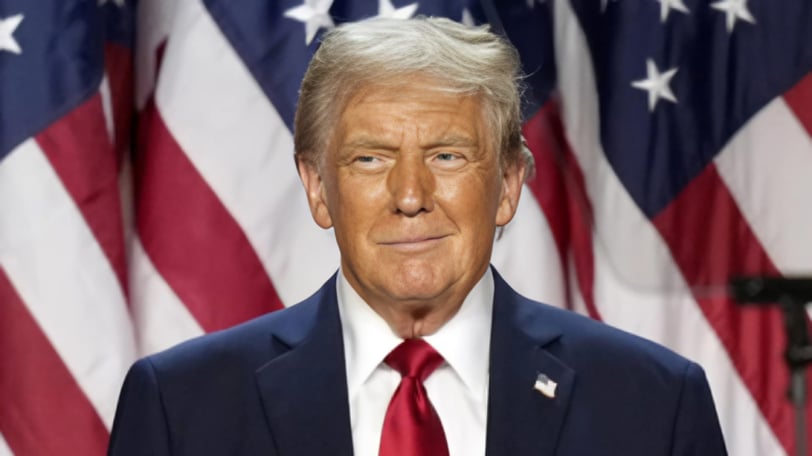The Implications of Trump’s Reinstatement as U.S. President for Allies and Adversaries from China to the Middle East
Donald Trump's unforeseen triumph over Kamala Harris has reverberated worldwide. Global leaders are cautiously hopeful, yet wary of the possible turmoil his second term could usher in. Major apprehensions center on escalating trade conflicts with China, unpredictability in the Middle East, and potential realignments in U.S. foreign policy concerning Russia and NATO.
EXPERT ANALYSIS
Aman
11/9/20242 min read


Donald Trump’s unexpected victory over Kamala Harris has created shockwaves internationally, as he returns to the White House as the 47th President of the United States. Securing over 270 electoral votes, Trump’s comeback has led world leaders to closely observe what his second term might bring, especially with the potential for instability and policy shifts that many allies fear.
In his first term, Trump’s confrontational style strained relations with traditional U.S. partners, and his return is expected to have far-reaching effects on global trade, environmental policy, and international disputes. He plans to intensify the trade war with China, an emerging competitor to the U.S. economically and militarily. On the Middle East, Trump has vowed to address conflicts involving Israel, Hamas, and Hezbollah and also promises swift action on the Russia-Ukraine war, raising concerns among Ukraine's supporters of potential compromises favoring Russia.
NATO Secretary-General Mark Rutte, cautiously optimistic, extended his congratulations and looks forward to “peace through strength” with Trump, though European officials express concerns over his stance on NATO's defense funding. European leaders are preparing contingency plans, especially with Trump’s suggestions that the U.S. might not defend NATO allies failing to meet military spending targets. Ukraine’s leadership, hopeful yet apprehensive, acknowledges the unpredictable nature of Trump’s foreign policy, with President Volodymyr Zelenskyy endorsing his “peace through strength” principle.
Meanwhile, European leaders, including the U.K.'s Prime Minister Keir Starmer and France’s Emmanuel Macron, offered cautious congratulations, emphasizing the need to maintain strong transatlantic ties despite concerns over Trump’s past protectionist economic policies. Middle Eastern leaders are also watching closely, as Trump's previous efforts to establish relations between Israel and Saudi Arabia may shift amid ongoing conflicts involving Israel, Hamas, and Hezbollah.
In Asia, Chinese President Xi Jinping congratulated Trump while stressing the importance of navigating differences, though Chinese experts worry about a further escalation of trade tariffs and heightened tensions over Taiwan. Trump has previously imposed tariffs on billions of dollars’ worth of Chinese imports, and he suggests that tariffs could now exceed 60%. With ongoing territorial disputes in the South China Sea, U.S.-China relations remain delicate, as Asian leaders seek Trump’s engagement to counterbalance China’s regional influence.
